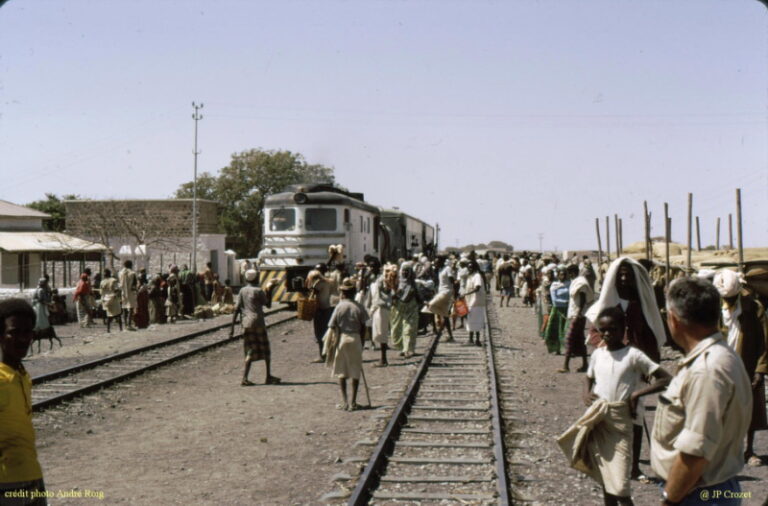Comité Indépendant pour la Mémoire d’Aycha’a centers on breaking the silence around the 1960 genocide that occurred in the town of Aysha’a, Ethiopia. Aysha’a was a vibrant commercial town located in Eastern Ethiopia on the famous railway between Djibouti and Addis Ababa and at the crossroads of the caravan routes between Somali coastlines and the Ethiopian highlands.
In 1960, a crucial year of African independence, its ethnic Somali inhabitants were victim of a genocide perpetrated by the Ethiopian imperial regime to counter the aspirations for self-determination of the population living in the territories that the British government had unjustly and unilaterally granted to Ethiopia its departure from the Horn of Africa. This massacre, which claimed between 2500 and 3000 victims, is a consequence of the ethnic upheavals caused by the British decolonisation process and the colonial expansion of the Ethiopian State from its original Northern highlands to the Southern and Eastern lands inhabited by Somalis and Oromos.
Although this genocide left a deep scar on the collective memory of the Somali people in the region, it was neither recognised by the Ethiopian government nor mentioned in any official document. Thus the importance of the Aysha’a site for the reflection on the untold tragedies in Ethiopia and in Africa. Mémoire d’Aycha’a encourages research on the hidden tragedies and reflection on the management of painful memory in the Horn of Africa; facilitating dialogue, reconciliation and cooperation among the peoples of the Horn of Africa.
Boulogne Billancour France

